Caption: On October 13, 2022, ahead of the 20th National Congress of the Chinese Communist Party, security personnel were stationed along the road leading to Tiananmen Square. (NOEL CELIS/AFP via Getty Images)
[People News] On June 16, the Chinese Communist Party’s Central Commission for Discipline Inspection (CCDI) announced that Peng Xiaochun, former Vice Chairman of the Guangxi Political Consultative Conference, is under investigation for serious violations of discipline and law. Peng was reportedly the chief steward and top speechwriter during the time when former Politburo member and Central Political and Legal Affairs Commission (PLAC) Secretary Guo Shengkun held power in Guangxi.
Public records show that the 63-year-old Peng served in various top positions throughout Guangxi, starting as a county party secretary and gradually rising through the ranks. In 2018, he was appointed Vice Chairman of the Guangxi Autonomous Region Political Consultative Conference and retired in January 2023.
Peng Xiaochun’s Links to Guo Shengkun and Zeng Qinghong
Guo Shengkun served as Deputy Party Secretary and Vice Governor of Guangxi from 2004 to 2007 and as Party Secretary from 2007 to 2012. In 2008, Peng became Deputy Secretary-General and Director of the Party Office in Guangxi, also heading the Policy Research Office—effectively making him Guo's personal secretary. He was later promoted to Party Secretary of Hezhou (2010) and Baise (2013), likely arranged by Guo to build up his political resume.
Guo's patron was Zeng Qinghong, and with the backing of the Jiang-Zeng faction, Guo was promoted to Party Secretary of the Ministry of Public Security in 2012, then Minister of Public Security and First Political Commissar of the Armed Police. He later rose to Politburo member and Secretary of the Central PLAC.
Guo Shengkun was not only a fellow Jiangxi native but is reportedly Zeng Qinghong’s distant nephew.
Before the 18th Party Congress, Zeng attempted to install Guo as a Politburo member and head of the Organisation Department, but failed. Guo instead replaced Meng Jianzhu as Public Security Minister, despite having no public security or legal background. Media reports suggest Zeng played a key role in this promotion. Guo’s wife’s grandmother was the biological sister of Zeng’s mother, Deng Liu-jin, making Guo Zeng’s grand-nephew-in-law. Insiders say this familial tie earned Guo Zeng’s deep trust.
Peng Xiaochun’s downfall is likely no surprise to Guo, who must have appealed to Zeng Qinghong. But Zeng couldn’t protect him, suggesting he no longer wields influence and may even be in trouble himself.
Lan Tianli, Jin Xiangjun, and Their Ties to Guo and Zeng
There’s further reason to suspect Zeng is in peril. State media, when reporting on Peng Xiaochun's downfall, deliberately linked it to the May 16 investigation of Lan Tianli, Guangxi Deputy Party Secretary and Governor. This connection was no coincidence. Earlier reporting on Lan’s case included lines suggesting that “more officials may fall as a result.” Some Hong Kong media outlets suspect Peng is implicated in Lan's case.
Lan Tianli was also a former subordinate of Guo Shengkun in Guangxi. He became Deputy Governor in 2011, Standing Committee member in 2015, Executive Vice Governor in 2016, and Chairman of the Guangxi CPPCC in 2018. He had a one-year overlap with Guo and climbed rapidly once Guo was promoted to Beijing with Zeng’s backing. Why was Lan favoured? Guangxi is rich in nonferrous and rare earth minerals, which Guo allegedly exploited for massive profits, with Lan’s help. Reports claim Lan and Jin Xiangjun, former Shanxi governor, were involved in smuggling rare earths through Vietnam, effectively managing Guo’s “gold and silver mines.” The full scale of profit-sharing among them remains unknown.
Jin Xiangjun was also a subordinate of Guo in Guangxi, with a 20-year overlap with Lan in the region. When Lan became Deputy Director of Guangxi's Science and Technology Department in 1998, Jin was transferred from a Hainan social security post to Guangxi’s Department of Labour. The two rose in tandem until Jin became Tianjin Vice Mayor (2018) and Shanxi Governor (2023). All their promotions occurred while Guo held top regional and central roles.
Australian-Chinese whistleblower Yin Ke, known for accurately leaking senior-level CCP reshuffles, reported in advance that Lan and Jin were under investigation. He claimed they jointly protected a rare-earth smuggling operation through Vietnam.
After Lan’s fall, Guangxi Party Secretary Chen Gang chaired a meeting stating that “no one has an iron-clad pardon, nor is anyone an ‘iron-cap prince’”—a clear warning.
The terms “iron-clad pardon” and “iron-cap prince” were made famous when Xi Jinping went after Zhou Yongkang in 2015—an attack viewed as targeting super tigers like Jiang Zemin and Zeng Qinghong.
On February 25, 2015, CCDI’s website published an article titled “The Conduct Issues of Prince Qing, a Naked Official in the Late Qing Dynasty”, signed by “Xi Hua.” Prince Qing was the last “iron-cap prince” of the Qing Dynasty—a metaphor widely interpreted to be aimed at Zeng Qinghong.
Guangxi’s political scene was long dominated by the Jiang faction. From the 17th to the 20th Party Congress, all three successive Guangxi Party Secretaries, including Guo, were either Zeng’s protégés or loyalists.
Now, with three major “tigers” taken down, Guo’s inner circle is being dismantled. Would Zeng sit idly by? If he can’t stop it, it only proves that he himself is under control.
Fei Dongbin Falls — Why Zeng Qinghong Didn’t Intervene
The most telling case is the June 12 CCDI announcement that Fei Dongbin, Director of the National Railway Administration and a 20th Central Committee alternate member, is under investigation.
Fei is the grandson of Fei Xiaotong, a renowned sociologist and former Vice Chairman of the CPPCC and NPC. He was once Deputy Governor of Henan, a 20th Party Congress delegate, and a former subordinate of Liu Zhijun, the disgraced former Railway Minister sentenced to death with reprieve. Most importantly, Fei is the son-in-law of Han Zhubin (former Chief Procurator of the Supreme People’s Procuratorate), who was Jiang Zemin’s brother-in-law. In other words, a direct relative of Jiang Zemin is now in serious trouble. Yet Zeng Qinghong, as the surviving Jiang faction boss after Jiang’s death, did not or could not protect him—clear evidence that Zeng has lost power.
On June 14, independent political commentator Cai Shenkun quoted sources in Beijing saying that Zeng Qinghong has been placed under house arrest. While this cannot yet be confirmed, the fact that four “tigers” connected to Zeng have been taken down says enough. Readers can draw their own conclusions. △
(First published by People News)

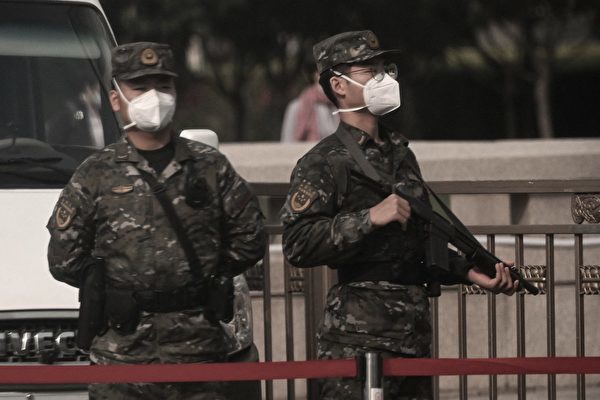
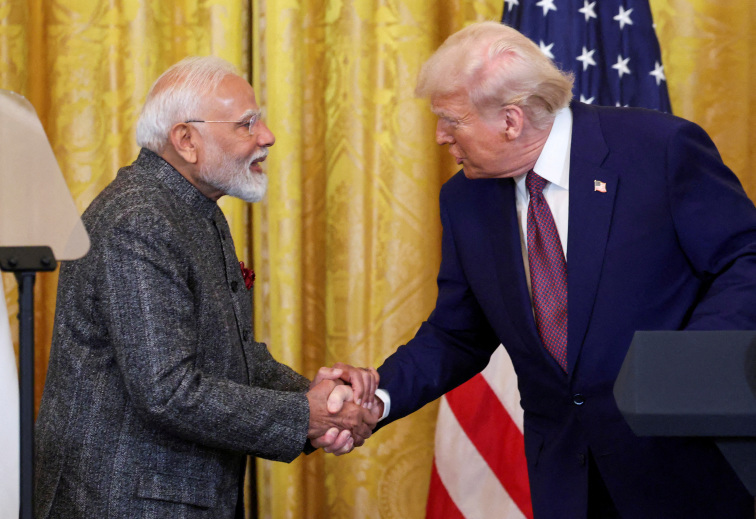
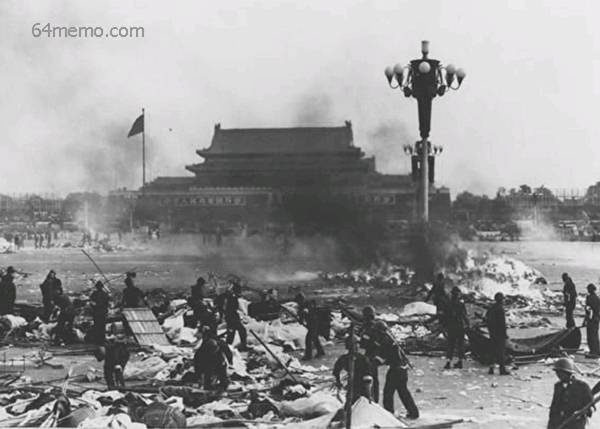


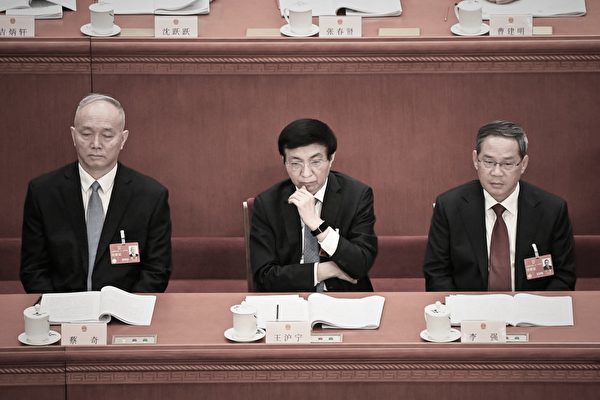

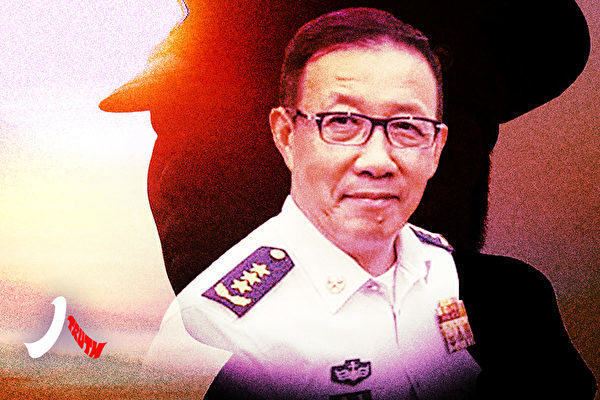

News magazine bootstrap themes!
I like this themes, fast loading and look profesional
Thank you Carlos!
You're welcome!
Please support me with give positive rating!
Yes Sure!